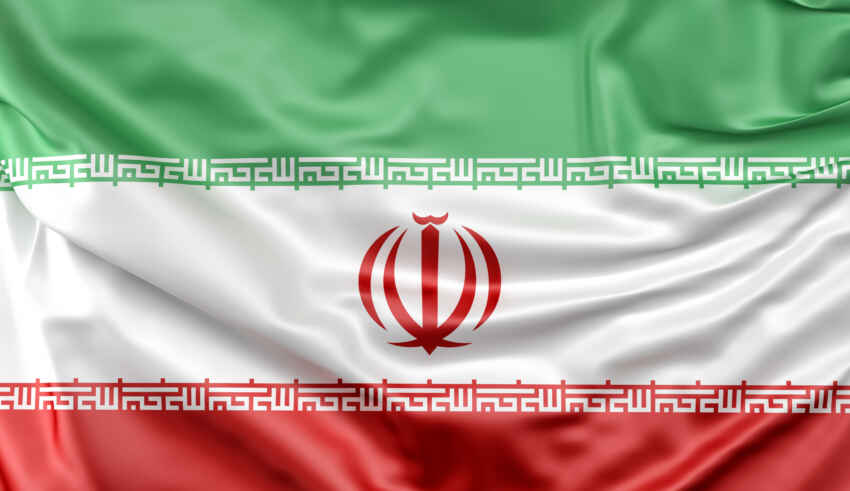
For more than four decades, Iran has maintained a steadfast commitment to the destruction of Israel, a pledge echoed by its Supreme Leader, Ayatollah Ali Khamenei. In the current landscape of the Israel-Palestine conflict, Iran finds itself at a crossroads, carefully weighing its role and potential ramifications on the broader regional stage.
Iran’s historical support for groups opposing Israel, such as Hezbollah and Hamas, has not gone unnoticed. The recent terrorist attack by Hamas on October 7 was met with praise from Iranian officials who saw it as a significant blow to Israel’s sense of security. However, as Israel’s invasion of Gaza unfolds, Tehran faces a complex dilemma as to how to balance its revolutionary ambitions without plunging the region into an all-encompassing war, which would not benefit Iran itself.
Iran’s strategy has always relied on its proxy militias, collectively known as the “axis of resistance.” These groups, strategically positioned across the region, generally adhere to Iran’s policies and act as extended arms of influence. The question now is how Iran should deploy these proxies in response to the ongoing conflict without risking an uncontrollable escalation.
Iranian analyst Nasser Imani suggests that Iran is currently in “control mode,” instructing its proxies, including Hezbollah, to maintain pressure while exercising restraint. The public statements from Iranian officials, notably Foreign Minister Hossein Amir Abdollahian, emphasize a reluctance towards a full-scale war. Abdollahian warns of a boiling point in the region, highlighting the potential for an explosive situation that no party can fully control. Nonetheless, he also seems to recognise the relative autonomy of these proxies, as he cautioned that regional militias may independently open multiple fronts against Israel, thus amplifying the conflict.
Behind this measured approach lies Iran’s reluctance to engage in a regional war, recognizing the risks it poses for the nation and its leadership. A direct involvement in a prolonged conflict with Israel would significantly reduce its military capabilities and inevitably those of its proxies, thus leaving the country more vulnerable to future attacks. It would also arguably unnecessarily destabilise the nation. Crucially, a potential involvement of the U.S. military adds another layer of complexity to Tehran’s calculations. It may be the case that Iran stands a better chance of pursuing its interests without a direct involvement. In fact, the militias offer Tehran plausible deniability while providing leverage in international negotiations. These proxies play a pivotal role in Iran’s ability to influence the balance of power in the Middle East, challenge enemies like Israel and the United States, as well as regional rivals such as Saudi Arabia. Therefore, it would seem that it would ultimately be more beneficial for Iran to avoid direct confrontation with Israel both in terms of domestic and international interests.
Yet, doing nothing is also not without consequences. Iran’s fiery leaders risk losing credibility among their constituents and allies, with hard-line conservatives questioning why the government’s rhetoric has not been followed by more action in the quest to “free Al Quds” from Israel’s rule. There have been several protests calling for more decisive action against Israel and in support of Palestinians. Some supporters of the Iranian government have even symbolically volunteered to join the fight in Gaza, highlighting the pressure Tehran faces to match its words with deeds. Regardless of these pressures, however, it still seems unlikely that Iran will become directly involved in the conflict. The risks of doing so outweigh the potential benefits. As a matter of fact, Iran is already fighting against Israel and the US, but they are doing so in a way that allows it to preserve its own military forces and the social and economic stability. Crucially, as mentioned, the plausible deniability they currently enjoy allows them to not be isolated from the rest of the international community, which allows them to leverage their indirect involvement in their favour, in such a way they can pursue their interests in the conflict as well as wider ones.
In conclusion, in this delicate balancing act, Iran might seek a middle ground, allowing its proxies to escalate attacks against Israel and the U.S. in a calibrated manner. Recent attacks by Hezbollah and the Houthi militia, while limited in scope, aim to keep Israel’s military under pressure without tipping the scale towards all-out war. As the conflict unfolds, Iran’s involvement remains a high-stakes geopolitical chess game. For nearly four decades, Iran’s forward defence policy has shielded its soil against foreign attacks, but the current situation in Gaza is testing the limits of that policy in unprecedented ways. Nonetheless, a change of policy leading to direct involvement in the conflict seems unlikely at this point as it would place Iran in a much less favourable position both domestically and internationally.
By The European Institute for International Law and International Relations















